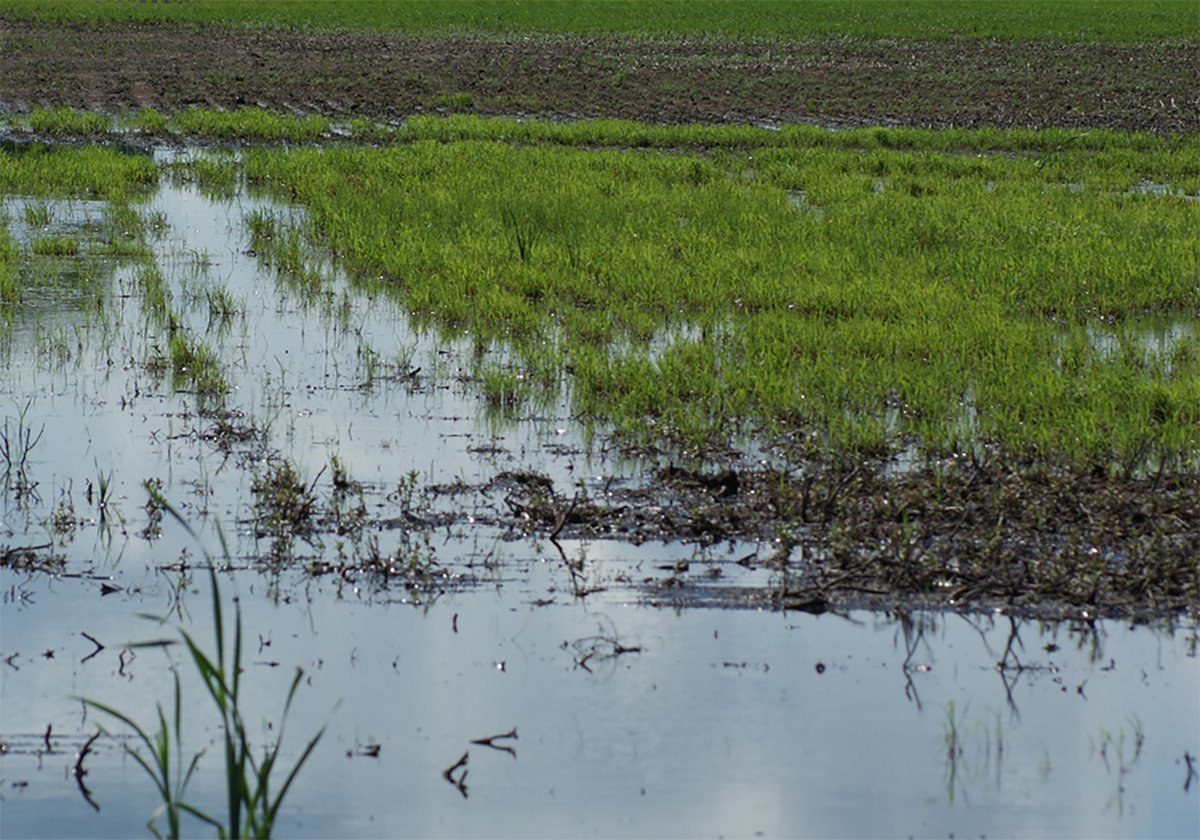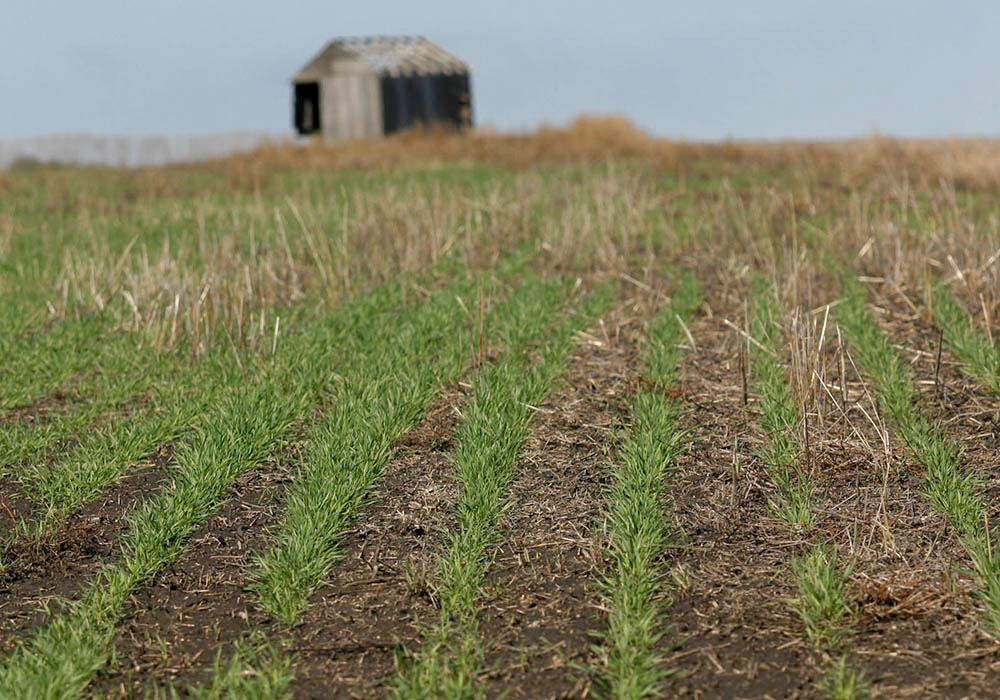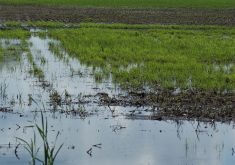Farmers have long complained about the lack of recognition for carbon sequestered in the soil. What we should be even more upset about is the lack of recognition for carbon sequestered in the grain we export.
Agricultural economist Richard Gray from the University of Saskatchewan is working on this issue. Other academics have flagged it as well. It just doesn’t receive much attention.
When Canada or any country exports a fossil fuel, the greenhouse gas emissions from burning that fuel accrues to the importer, not the country of origin. This is not, repeat not, how the accounting is done for grain. Gray explained the inconsistency in a presentation to the recent annual meeting of the Saskatchewan Institute of Agrologists.
Read Also

Topsy-turvy precipitation this year challenges crop predictions
Rainfall can vary dramatically over a short distance. Precipitation maps can’t catch all the deviations, but they do provide a broad perspective.
All parties to the United Nations Framework Convention for Climate Change have agreed to measure their progress towards reduction of GHG emissions using a standardized accounting framework. Unfortunately, the framework does not include the CO2 emitted from burning or digesting harvested crops or the CO2 removed from the atmosphere during crop growth.
Gray said this critical flaw in the accounting system was identified as early as 2009, but has never been addressed. Including these measurements would have huge impacts on GHG mitigation policy, food policy and agricultural research.
Canada produces a lot of grain and a high percentage of grain composition is carbon drawn from the atmosphere. Some of that grain is consumed domestically and the carbon is released here. Much of the grain is consumed in other countries around the world and that’s where the carbon is released.
If you account for this, Canadian agriculture actually removes much more CO2 from the atmosphere than it emits and these net removals are increasing. Grain production and exports could assist the country in meeting emission targets. On top of that, there would be an incentive to produce more and export more.
We should do everything reasonable to decrease emissions from fertilizer, but fertilizer used to produce higher yields would become a positive for the climate and a positive for food security around the world.
How can proper policies be designed if we aren’t even measuring emissions properly? While making such a major change to the international accounting system won’t be easy, a strong, common-sense argument can be advanced.
Personally, I’m not a fan of climate alarmism. For decades we’ve been told how climate Armageddon is just around the corner. But even people like me who don’t fully subscribe to the doomsday scenarios recognize that emission reduction is inherently a good thing if measured properly.
The farm lobby has long concentrated on getting recognition for carbon sequestration and most studies show carbon continues to be sequestered in the soil even after years of minimum tillage. However, sequestration varies dramatically by year and by field. It’s difficult and expensive to properly measure and therefore quantify. Another problem is that soil sequestration can be reversed.
By comparison, it’s easy to calculate how much carbon is sequestered in grain and we know with some precision how much is produced and how much is exported each year. The numbers are huge and if taken into account would be a game changer in GHG mitigation policy.
Richard Gray is under no illusion about such a major international change in accounting happening any time soon, but he’s working to build a consensus. In a realm where perception often matters more than reality, his reasoning is a welcome injection of common sense.
Kevin Hursh is an agricultural journalist, consultant and farmer. He can be reached by e-mail at kevin@hursh.ca.
















